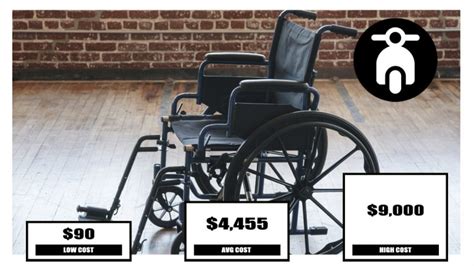Across a broad swath of the United States, an essential medical device market is being undermined not by lack of innovation or demand, but by the concentrated influence of private equity. For those reliant on power wheelchairs, it isn’t just mobility that’s been traded for capital—it’s their autonomy and, fundamentally, their quality of life being bartered in boardrooms where profit margins outweigh the scales of human necessity.
Private Equity (PE) firms have found fertile ground in healthcare sectors ripe for ‘optimization’, essentially synonymous with cost-cutting measures that seldom regard the end-user’s needs. In this scenario, sweeping acquisitions consolidate market power, propelling monopolistic practices that continue to morph accessibility tech markets into their cash cows. The rationale is brutally simple: decrease operational costs while ballooning prices and buffering profit margins. Consumers, inevitably trapped by highly individualized needs and the steep costs of switching, pay the price not just in dollars, but in missed life opportunities and increased dependencies.
This disruption has been likened to enclosure movements of old—where common lands were claimed by the few, driving peasants into dependency. Here, through regulatory manipulation and capital dominance, firms like NSM and NuMotion essentially dictate terms in an industry where users already face towering barriers. From stringent FDA regulations ensuring quality and safety to the monopolistic grip tightening around pricing and service, users find themselves at the mercy of corporate strategies that scarcely consider their urgent needs.
Calling for mere regulatory tweaks might seem a solution but it skirts the core issue: the misuse of market power to undermine free enterprise and consumer choice. This is not capitalism functioning as a theoretically pure mechanism of supply meeting demand at the equilibrium of consumer preference and fair pricing. It is something more akin to feudal domains, where serfs had no choice but to abide by the landlord’s rule. Indeed, it’s telling when the primary mechanism driving up prices and diluting service quality is not scarcity of resources, nor even regulatory compliance—it’s the strategic engineering of market conditions by few powerful entities whose engagements are shrouded in the non-transparent dealings typical of private equity.
There’s room for a market that truly serves its users, driven by genuine competition that innovates and distributes resources according to actual needs rather than manipulated scarcities. However, such a change demands a rigorous reevaluation of how market power is concentrated and regulated. It also requires a societal acknowledgment that essential services like humane and functional accessibility tools should never be treated as mere commodities to be arbitraged for maximal capital extraction. Practical steps would involve implementing stronger antitrust measures, fostering transparency in ownership and operations, and developing mechanisms for users’ voices to dynamically inform industry standards and practices. Until such measures are deeply integrated, however, the wheels of justice in the wheelchair market will remain frustratingly immobile, stranded by the very mechanisms meant to drive forward public good.


Leave a Reply